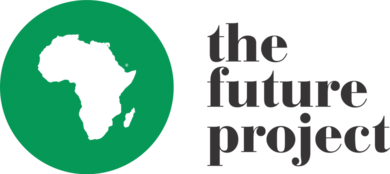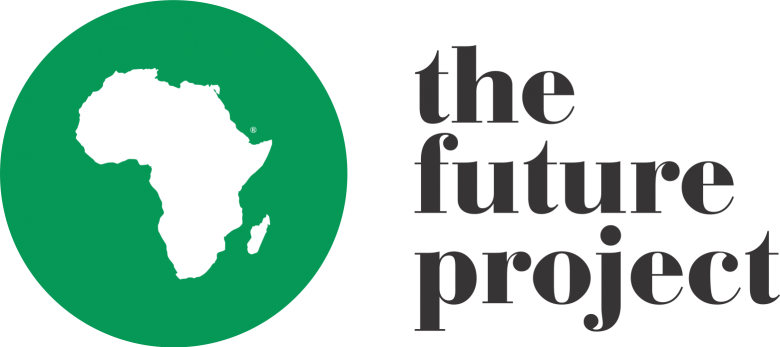Securing Africa’s Future: The role youth development plays
“When we’re young, everything is possible…” – Mardy Grothe.
Despite possessing a significant number in the continent and even the world population, African youths remain the most vulnerable, marginalised, less privileged, and unattended to in the society. Consequently, many engage in illicit and unproductive activities; robbery, fraud, prostitution, and drug abuse are just a few of the vices they engage in due to their idleness.
With a median age of 19.7 in 2020, the continent’s population is regarded as the youngest in the world. This figure represents a significant age gap compared to other continents (31.0 in Latin America and the Caribbean, 32.0 in Asia, 33.4 in Oceania, 38.6 in Northern America, and 42.5 in Europe). Figures also show that around 60% of Africa’s population is younger than 25 years, and more than a third lies between the ages of 15-34. It has been predicted that by 2100, Africa should still have the world’s most youthful population, with a median age of 35.
In 2020, Africa’s population under 35 will represent almost a billion people (540.8 million 0-14-year-olds and 454.5 million 15-34-year-olds), amounting to 22.7% of the world’s total youth population, the second largest after Asia’s (58.0%). By 2100, it has been projected that Africa’s youth will be equivalent to twice Europe’s entire population, and almost one-half of the world’s youth will lie solely in Africa.
Developed countries pay a lot of attention to their youth because they know of the immense benefits that will arise after their potential is fully tapped. Aside from their vibrant energy, youths worldwide are renowned as agents of change and progress in all spheres of life, socially, economically, and even politically. A progressive youth population corresponds to an immense human resource pool.
According to the African Development Bank, 10-12 million youths enter the continent’s workforce annually. Imagine if this vast population is empowered with viable work opportunities; the contribution to their respective countries’ economies will be massive along the line.
Suitable working conditions, access to excellent market opportunities, less cumbersome credit facilities for intending entrepreneurs, tax breaks, and good mentorship programs are a few of the activities that can be put in place to bolster youth development in a continent. And the benefits that all these measures reap when put in place can’t be overlooked. There will be a progressive increase in the labour force, production and creation of essential goods and services will be abundant, and regular payment of taxes, levies, and other benefits will result in youth development in bolstering the economy.
Due to African youth being marginalised in politics, they rarely contest political positions. Also, they have always had a low tendency to vote in elections or participate in other electoral activities. As a result, they rarely hold their public officials accountable or engage in any political process. Engaging in political discussions in schools and other places of learning, mobilisation of youths in campaigns, reducing age restrictions to contest for offices, use of social media platforms to reach out to them, and appointment of competent and hardworking youths to political offices are ways of enhancing youth development in the political space.
This will reduce political violence as the young electorates are already equipped with positive political knowledge. Accountability also becomes possible as politically informed youth are already aware of their rights. This will enable the leaders to be conscious of their decision, a very positive tool for ensuring checks and balances in a political system.
African youths are responsible for sustaining the social fabric of the continents. Due to their vigour and unlimited energy source, they can traverse grounds, lead projects that lead to change, and foster interpersonal relationships among themselves with a host of others. When the potentials of youths are fully tapped, they play roles in fighting bad practices in organisations. They also will be able to launch campaigns that educate citizens about contemporary issues facing their community and Africa as a whole.
There can’t be the growth of any region without the youth playing active participation in it, and Africa shouldn’t be an exception. The youth are the custodians of continuous growth, and development can only be achieved by empowering them in every facet possible.












